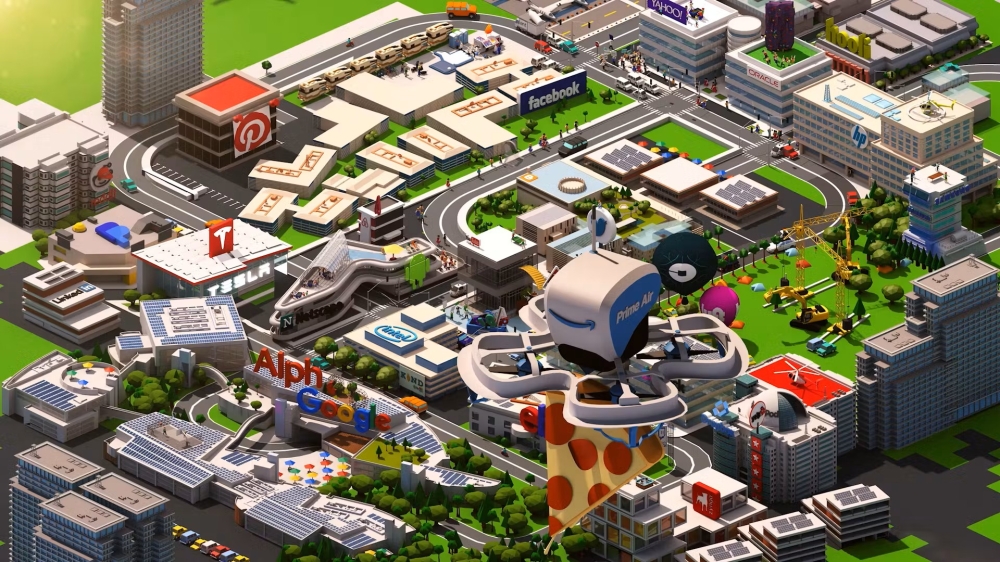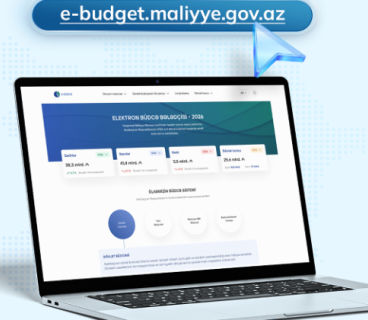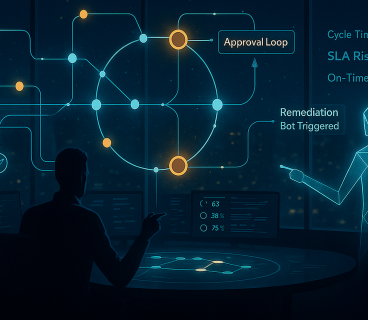Silicon Valley has long been considered the heart of the tech world. As the birthplace of Apple, Google, Meta, Intel, and many others, this region has become more than just a geographic location for startups — it evolved into a symbolic epicenter of innovation, risk-taking, and abundant venture capital. For years, every ambitious entrepreneur dreamed of building their tech idea here, attracting investors, and reaching global success.
However, in recent years, the global tech industry and startup ecosystem have been going through major transformations. These shifts are now raising serious questions about Silicon Valley’s continued dominance. The question is becoming more pressing: do startups still need to be based in Silicon Valley, or has innovation become a truly global, multipolar phenomenon?
One of Silicon Valley’s biggest strengths has traditionally been its deep venture capital networks. The region hosts funds that represent a significant portion of global startup investments. These investors are known for backing bold ideas, although they often favor experienced founders. This environment has strengthened the culture of serial entrepreneurship and created fertile ground for startup growth. Additionally, world-class institutions like Stanford and UC Berkeley continue to supply the region with top-tier talent.
But the reality is changing. The cost of living in Silicon Valley has reached unsustainable levels. Many engineers and young founders are being priced out and leaving the region. Rising taxes, social inequality, homelessness, and infrastructure issues have further diminished the Valley’s appeal. For early-stage startups in particular, the cost of living and maintaining office space has become a significant burden.
Meanwhile, innovation is no longer confined to a single region. New technologies — from AI and climate tech to biotech and space — are now thriving in cities like Berlin, London, Tel Aviv, Toronto, Bangalore, Seoul, and Shanghai. These cities are building their own ecosystems with local investment, government support, and university-driven talent. Berlin, for example, is known for its low costs and open culture, while Tel Aviv benefits from strong state and military support in its tech sector.
The rise of remote work, especially after the pandemic, has also weakened Silicon Valley’s geographic advantage. Today, startups can be launched and run from virtually anywhere. Teams are often spread across multiple countries, and investor meetings can happen over Zoom. This new reality has made centralized startup hubs less essential than before.
Some startups now adopt a hybrid model: they base their teams in more affordable cities like Berlin, Warsaw, or Tbilisi, while still traveling to Silicon Valley for investor meetings or fundraising rounds. This approach helps balance cost-efficiency with the symbolic and strategic benefits of maintaining a Silicon Valley connection — a strategy particularly useful for founders from emerging markets.
Of course, there are still areas — such as AI, SaaS, robotics, and deep tech — where Silicon Valley’s ecosystem offers advantages that can be hard to replicate. The “network effect” of being close to top talent, other startups, and key investors still plays a critical role for some projects. In that sense, Silicon Valley hasn’t lost its relevance — it’s just no longer the only option.
In conclusion, while Silicon Valley’s legendary status remains intact, the startup landscape has evolved. Today, success is no longer tied to a single location. With the emergence of new global tech hubs, the rise of virtual collaboration, and more flexible operating models, startups have more choices than ever. Founders must now answer this question based on their specific goals, resources, and strategies. The future of tech is no longer confined to a valley — it is being shaped across continents, through diverse voices, cities, and ideas.












